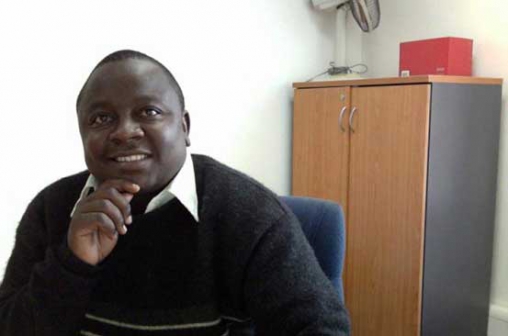
If there is one thing I would rather be caught dead than trying to do, then passing judgement on other people’s faith would be it. I am a firm believer in freedom of worship and other God-given liberties that our bold 2010 Constitution guarantees. But I am also painfully aware that our people have a creative, if self-defeatist knack for stretching the limits of freedom to serve some very atavistic ends. Take for instance the Church. While we all have a right to be atheists, Christians, Muslims or whatever, we live in dangerous times when fundamentalists of all hues have arrogated themselves the right to either bulldoze and assimilate others into their faiths or hypnotise whole populations with folksy gobbledygook fashioned as faith. I have no problem if an adult decides to worship a tree outside their hut, or to sell land they bought if they smoked something and heard voices saying the world ends tomorrow.
It, however, becomes my business and the business of other conscientious citizens when such adults decide, even before a mental check-up, that they will never take their children to hospital when malaria strikes just because their pastor prohibits it. In that same vein, I take great exception to cases of one man waking up one day and saying he is a deity, even when he suffers obvious foibles and infirmities that dog us hapless humans to the grave. It is what causes the nation endless agony when such a guy leaves a whole generation stranded when they die.